Mandy Romero shares her insights and experiences on the current state of education in the Philippines in the midst of a pandemic.
The impact of the novel coronavirus outbreak created a tumultuous time for everyone across industries, with no one exempt from its punishing effects, even the learning youth. The mandatory closure of schools forced the implementation of online classes, even here in the country. However, we keep hearing news of challenges in virtual learning. A pressing issue for students and their families, it worsens as the months pass with the lack of extensive and sensible planning. Lifestyle Asia delves into this through the perspective of a student. We speak to Mandy Romero, a current university student, to share her insights about this learning crisis.
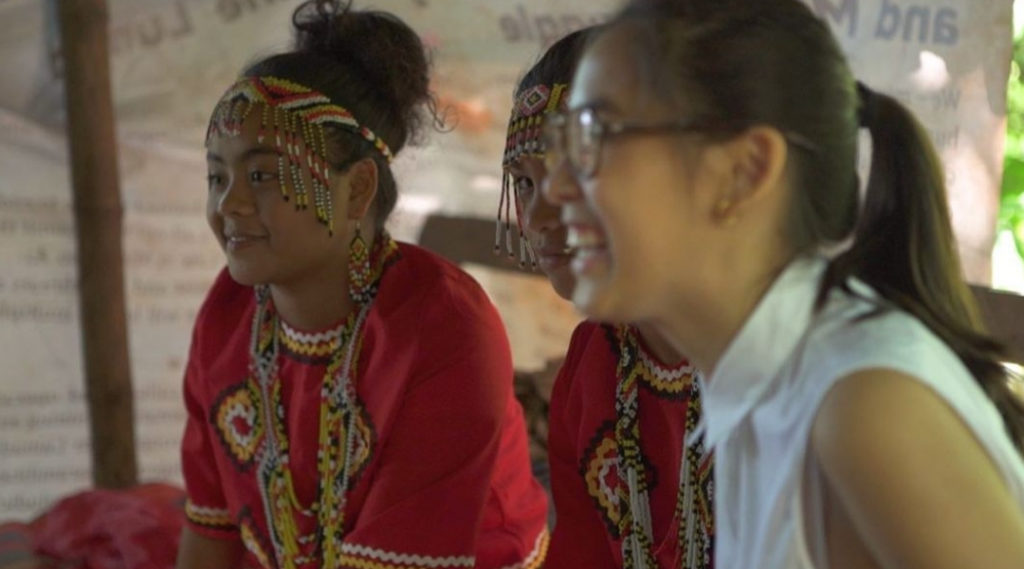
Part of the conversation
Currently a junior at Georgetown University in Washington, Mandy is taking her online classes from her home here in the Philippines. Despite the challenges of navigating the difference in timezones, she shifts her attention to more important issues: “Listening, learning, and working with student communities who have been hurting the most during the pandemic—both here and in the U.S.,” she explains.
As a Health Care Management and Policy major with a minor in Justice and Peace Studies, she realizes the significance and relevance of her studies now. While healthcare and justice have always been concerns in the country, she explains how the pandemic exposed the deep-seated, terrible state of these two aspects. “The pandemic simply cracked open the systems that were already not working for the people; it has widened the gap of inequality and is now pushing people through the cracks—from students, frontliners, the millions unemployed, urban poor communities, to indigenous peoples,” she elaborates.
Being young and a student didn’t stop her from recognizing the role she must undertake. “I constantly ask myself: am I listening enough to the communities I serve? Is what I’m doing a step towards justice and equity?” While these questions require profound answers, Mandy knows these are crucial to situate her next order of actions. She knows supporting people doesn’t mean simply giving out supplies; it calls for listening and understanding the perspectives and needs of the members of the communities first. Likewise, those with privilege don’t need to speak for them as they are not representatives. Rather, they are to dismantle structures that hinder the voice and invalidate the existence of these communities.
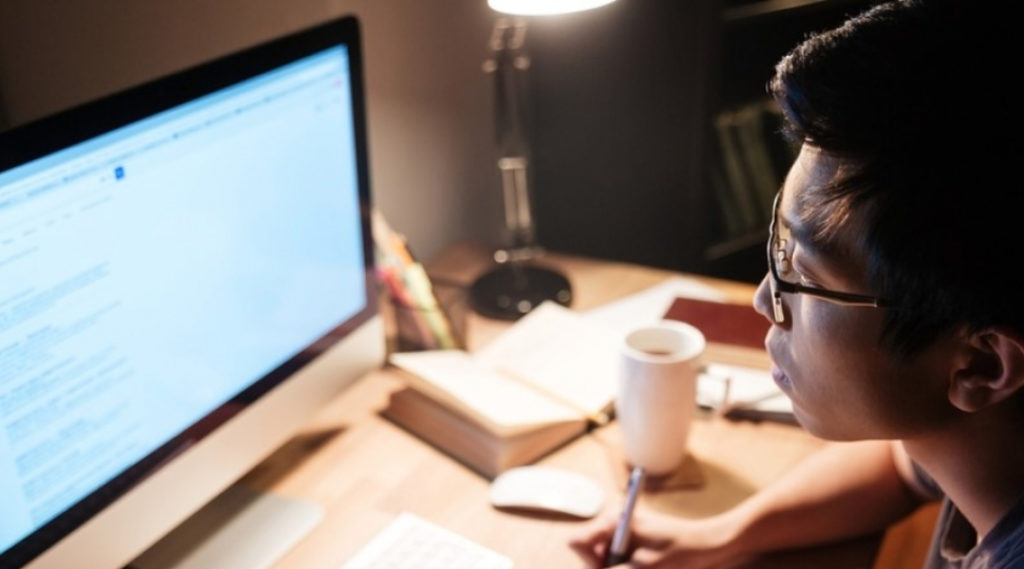
Exposing the system
As the Department of Education continues to assert the implementation of online learning, they only reinforce the digital divide in the country. “We need to start with the context,” Mandy begins, citing “in 2019, the Department of Information and Communications Technology (DICT) reported 84.3% of households do not have access to the internet. Around 80% of households do not own a computer (i.e., laptop, desktop, or tablet). Impoverished households and rural communities are also more likely to not have internet access.”
The mere lack of resources is highly indicative of the incapacity of Filipinos to follow through virtual classes. Even scrolling through social media platforms like Facebook and Twitter, we encounter students taking on jobs and asking for donations to afford gadgets for their studies. This is a disheartening reality, one that shouldn’t even occur if authorities had a proper and comprehensive plan for these students.
Beyond being ill-equipped for virtual learning, Mandy reveals another concern. “As we see on the news, there are too many stories on student burnout, suicide ideation, and suicide attempts among the youth, and young students being sexually abused and exploited in-person and online (OSAEC) for a gadget,” she explains. The economic recession takes a toll on students’ mental health as well. Thus, Mandy underscores the importance of authorities and society to listen to students and look out for their overall wellbeing.
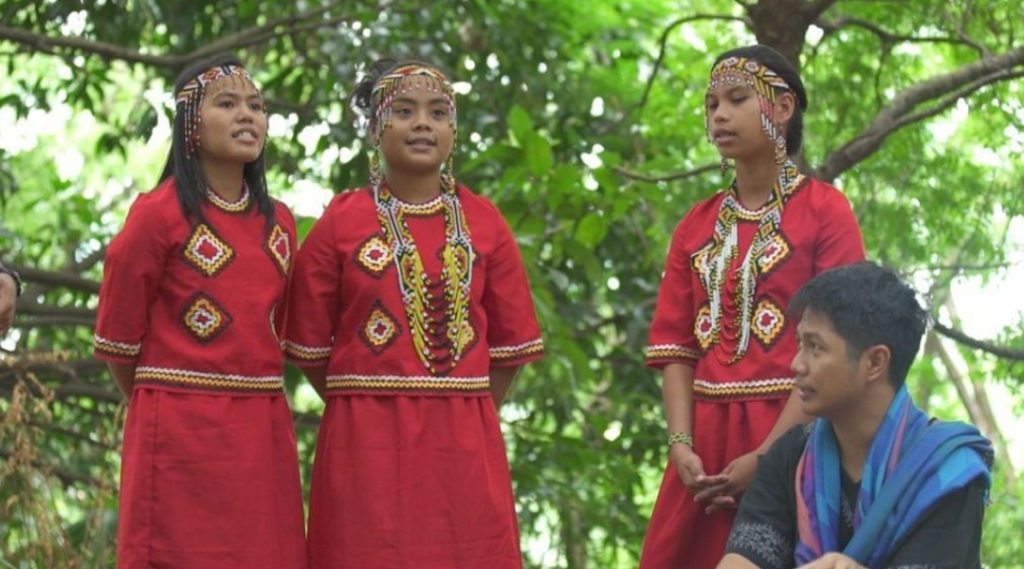
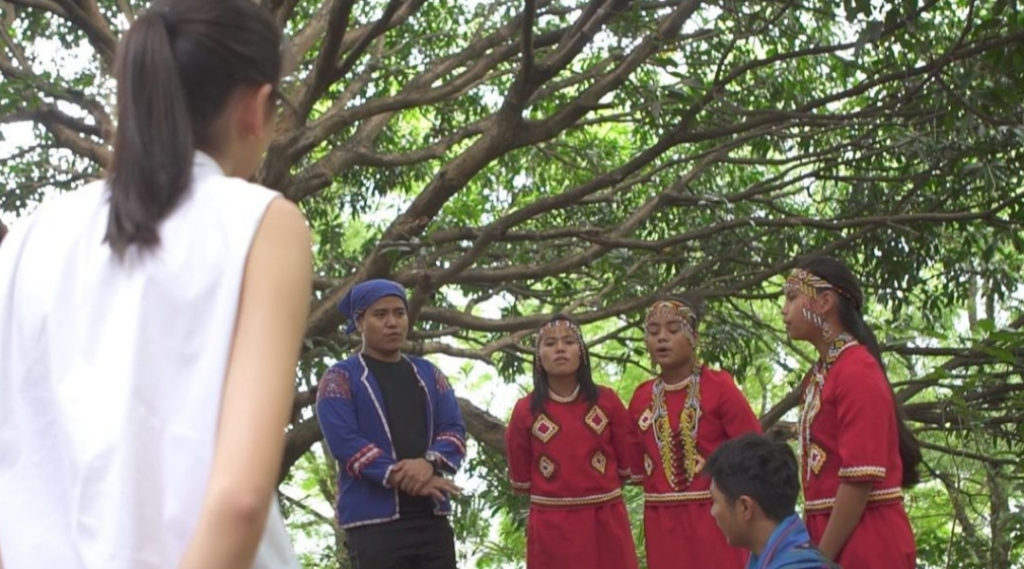
Empowering the community
The youth of Manila are not the only ones experiencing these challenges. Mandy talks about the reality of our Lumad communities. “Over 170 Lumad schools have been forcibly closed by DepEd,” she reveals, “some of these schools were brutally destroyed, and there have been at least 32 attacks on Lumad school communities during the pandemic.”
Mandy is no stranger to learning about these horrifying events as she has been a volunteer educator since she was 12 years old. She started with a non-governmental organization, Tulong Sa Kapwa Kapatid, or 2KK where she taught students in Payatas. Presently, she also serves as the Head of Alliance of Save Our Schools Network, an organization advocating for indigenous people’s education.
As she listens and engages with them, she learns how many of the Lumad children aspire to become teachers. Yet violent attacks on their community and the destruction of their safe learning space obstruct the fulfillment of these dreams. “It is soul-shattering to listen to the Lumad students’ experiences of fear, uncertainty, pain, loss, and trauma before the pandemic and more so during this crisis,” she admits. Despite the terrible attacks, the students in Lumad Bakwit schools know to stand their ground. Together with their families, they continue to fight against the unwarranted arrests, assaults, killings, zoning, and vilification happening in their ancestral lands. “Lumad students deserve an education that understands their needs and embraces their culture and way of life,” asserts Mandy.
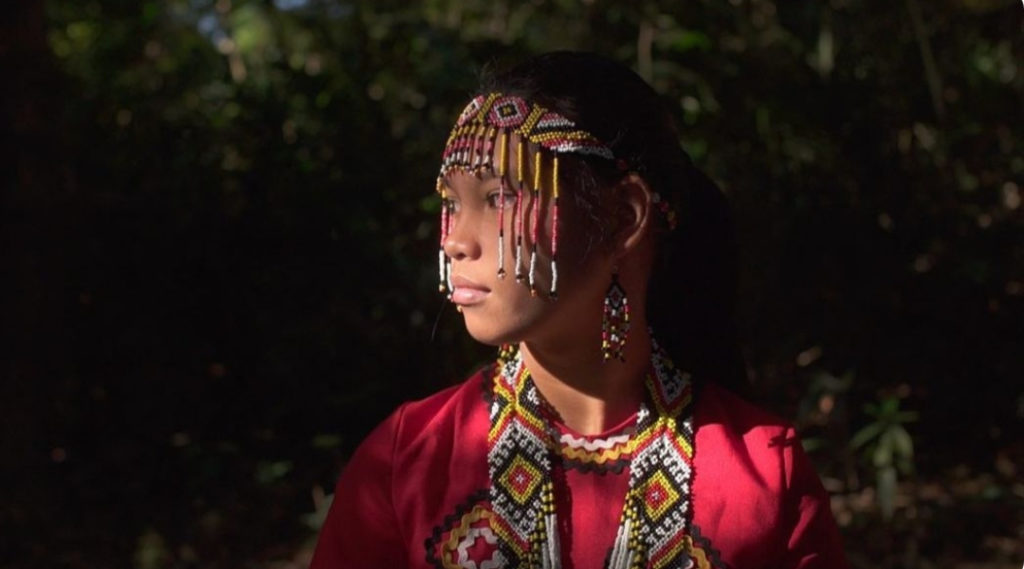
Embracing humanity
While Mandy admits that she may not be an educational expert, she is, however, a student and community organizer. She recognizes the struggles of her fellow students and thus, strongly recommends for the Department of Education (DepEd) to speak with teachers themselves. “DepEd needs to be open-minded to new solutions—even if that means shifting to a new grading system (e.g., a double-pass or a pass-fail grading system) or an academic freeze,” she says.
As of writing, DepEd claims “victory” against COVID-19 for the reopening of classes. However, the challenges with connectivity and availability of resources remain—an outrageous statement and apparent discrepancy. “There is a need to take a step back, look at the bigger picture, and be human,” Mandy emphasizes. “There is nothing ‘normal’ about this pandemic. It is not a solution to force students and teachers to figure out how to cope without providing actual systemic reforms or considering their needs as human beings dealing with different challenges and losses in these times,” she argues.
With the many and complex issues surrounding the current state of Philippine education, it’s no question why the Filipino youth have become more vocal with calling out inefficiencies in the system. While some concerns are deep-seated, there is hope with a proper collaboration among those involved—DepEd, teachers, students, and their families. Thus, calling for accountability is highly significant so the country in general, as Mandy concludes, will “see students as kids trying to make sense of their future amid a global pandemic—not as apathetic machines.”
To know more about the stories of our Lumad brothers and sisters, watch this documentary.
Photos from Mandy Romero and Bughaw Organization Philippines.





